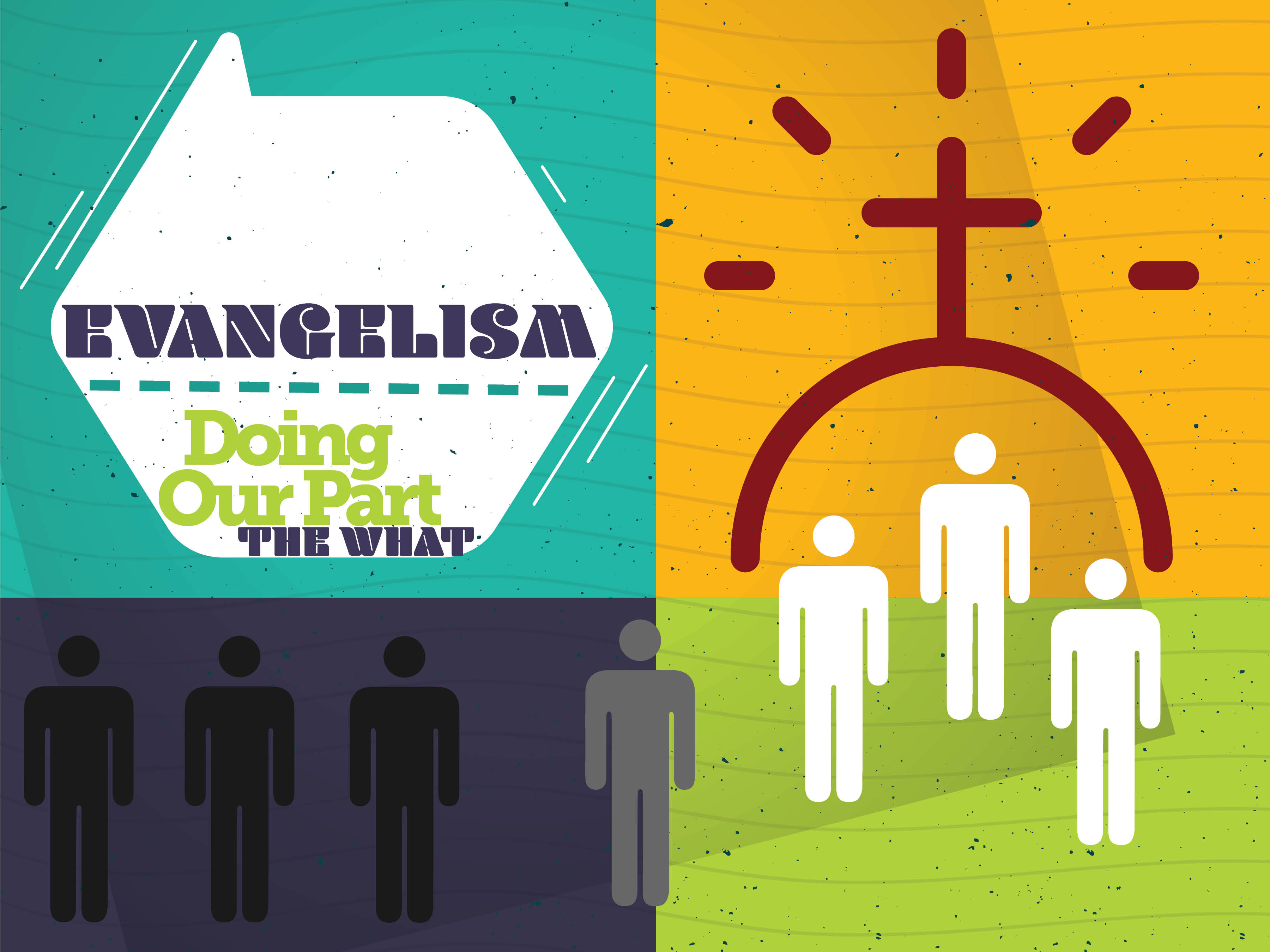
I am reading a challenging book right now in which the author states that true happiness in one’s life comes from a grateful heart. A grateful spirit keeps you from feeling sorry for yourself and this is key;
“the seeds of depression cannot take root in a grateful heart”.
The book of Psalms is wonderful to read in order to find language to thank God for his many blessings.
Psalm 105 starts with the line; “Give thanks to the Lord...” and then verse 2 begins with; “sing praise to him”. The Psalmist is not simply thankful for the blessings, but he is thankful for the attributes of the giver himself. The Psalmist is praising God for all his attributes; his mercy, his kindness, his justice and his goodness. A natural outflow of a thankful heart is worship. Spending time thanking God should always lead to worship as we realize that without his perfect and enduring attributes, we would have nothing.
But verse one and two show us something else that flows out of thankfulness;
1 Give thanks to the Lord, call on his name; make known among the nations what he has done. 2 Sing to him, sing praise to him; tell of all his wonderful acts.
As we are thankful to God, we praise him and then we make known to others what he has done. We tell of all his wonderful acts as the Psalmist wrote. You see if we are thankful to God for what he has done for us, we will be compelled to share the Good news of salvation with those around us. A heart for missions is driven by a heart of gratitude.
Reading the following two verses, we see that the psalmist changes the focus from what God has done, to worshipping God himself.
3 Glory in his holy name; let the hearts of those who seek the Lord rejoice. 4 Look to the Lord and his strength; seek his face always.
We as children of God, can become so wrapped up in what we need from God that we become so focused on the mighty hand of God that we seldom seek the face of God. As we seek the face of God we see his attributes; his love, his mercy, his omnipotence, his glory, his grace, his justice, his wrath – we could go on and on forever listing the glorious attributes of God.
Thanksgiving is a wonderful time to remember what the hand of God has provided for us and in so doing we begin to praise him as we praise him we declare his attributes. Thanksgiving needs to be public, it needs to be a witness to the goodness of God.
The Psalm continues; 5 Remember the wonders he has done, his miracles, and the judgments he pronounced,
The word the Psalmist uses here for “remember” is not a simple recollection of the facts, but it is to call to mind the wonders God has done and then to dwell on them. It is as if the Psalmist is saying to the reader, slow down, stop what you are doing and hit the pause button, then dwell on what God has done. Much like a day of thanksgiving where we slow down, stop our normal routine and remember the miracles that God has done.
Looking at verse 6 the Psalmist seems to be stating the obvious, by telling the people who they were; 6 O descendants of Abraham his servant, O sons of Jacob, his chosen ones.
In essence he is saying; “do you remember who you are?” We as followers of Jesus Christ, we are his chosen ones. We sometimes forget who we are. We have so much to be thankful for because our God, the creator of the universe, calls us his own. The Apostle Peter wrote in 1 Peter 2:9, we are God’s special possession!
This God who calls us his special possession, is also the same God who is over all the earth. There is nothing outside of His control. His ways are perfect and He is our God.
7 He is the Lord our God; his judgments are in all the earth.
So we see a progression here, the Psalmist begins by thanking God for his blessings, and he progresses to worshiping God for who he is. Then the Psalmist acknowledges that God is working out his eternal plan and judgments over all the earth. The Lord God sent his only son, in order to pay the price for the judgement that was on our heads. Ultimately as we stop and begin to thank God for the blessings in our lives, we are naturally drawn to the greatest gift and blessing of all, the message of the Gospel.
Jesus Christ came to this earth to suffer and die, only to be raised from the dead by the power of God, in order to provide the only way for us to be saved from eternal suffering and to be restored to a right relationship with God the Father.
As we look at our lives in light of eternity, we are drawn to the fact that all we have on this earth, all the many blessings, will one day pass away. Everything we treasure on this earth will one day pass away, only one blessing from God is infinitely more valuable than any other, the giving of His Son, Jesus Christ.
Over the next few weeks we will be focusing our attention of Christmas. It is easy to be drawn away from the greatest gift of all as we focus on buying and giving gifts to each other.
Jesus came for a purpose and that purpose was to suffer and die on the cross, in order that whoever believes in the risen Lord Jesus Christ will have eternal life. That is something we are grateful for today, but we will also be eternally grateful for what God has provided for us.

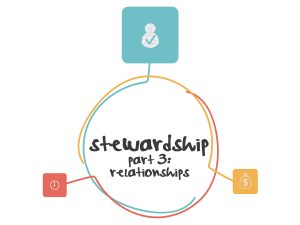
 There are 2350 verses on finances in the Bible, and 15% of all the recorded words of Jesus were on money. Finances are obviously an important topic in the Word of God, and stewarding our finances well is vital to our Christian walk.
There are 2350 verses on finances in the Bible, and 15% of all the recorded words of Jesus were on money. Finances are obviously an important topic in the Word of God, and stewarding our finances well is vital to our Christian walk.

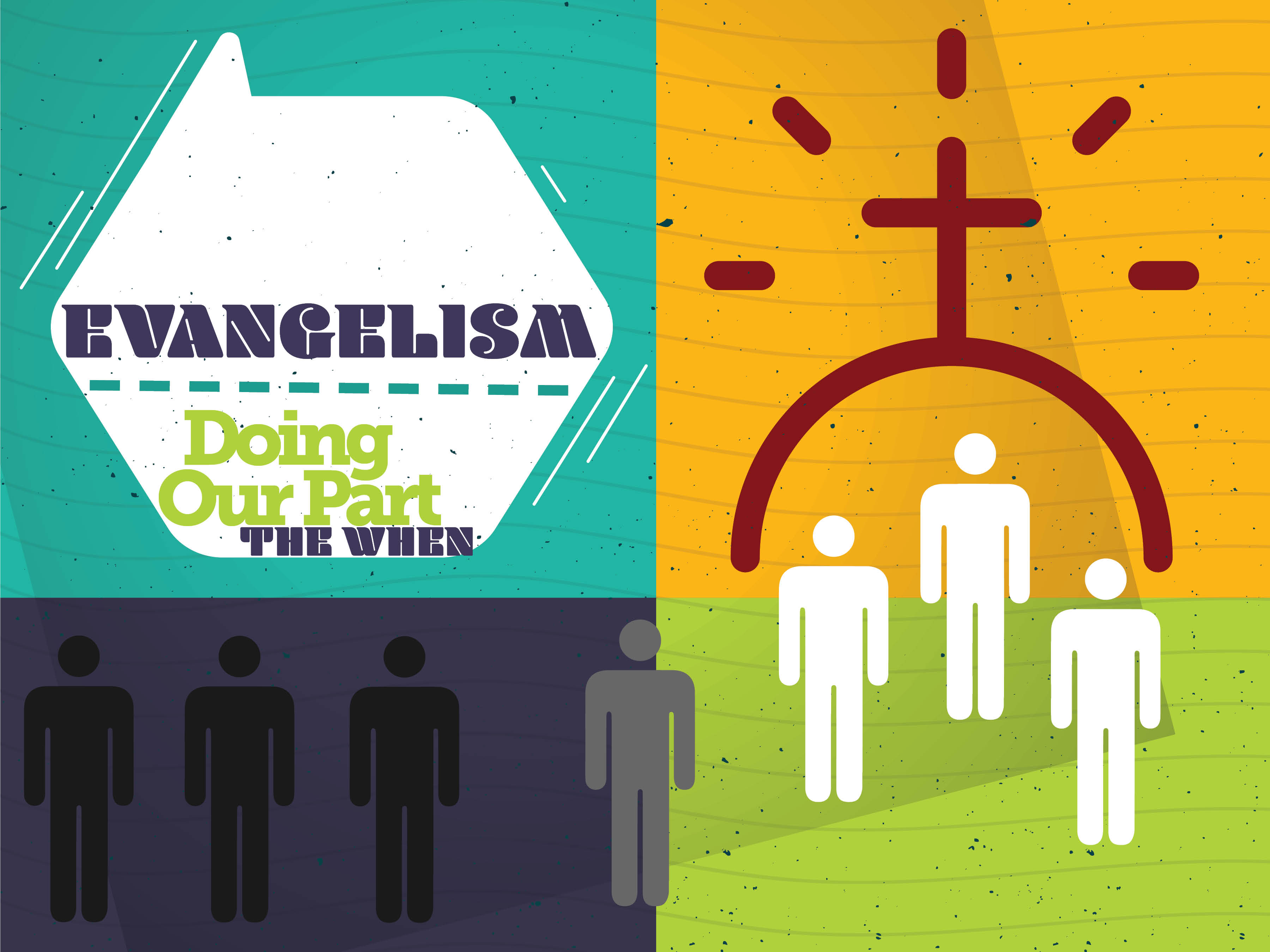

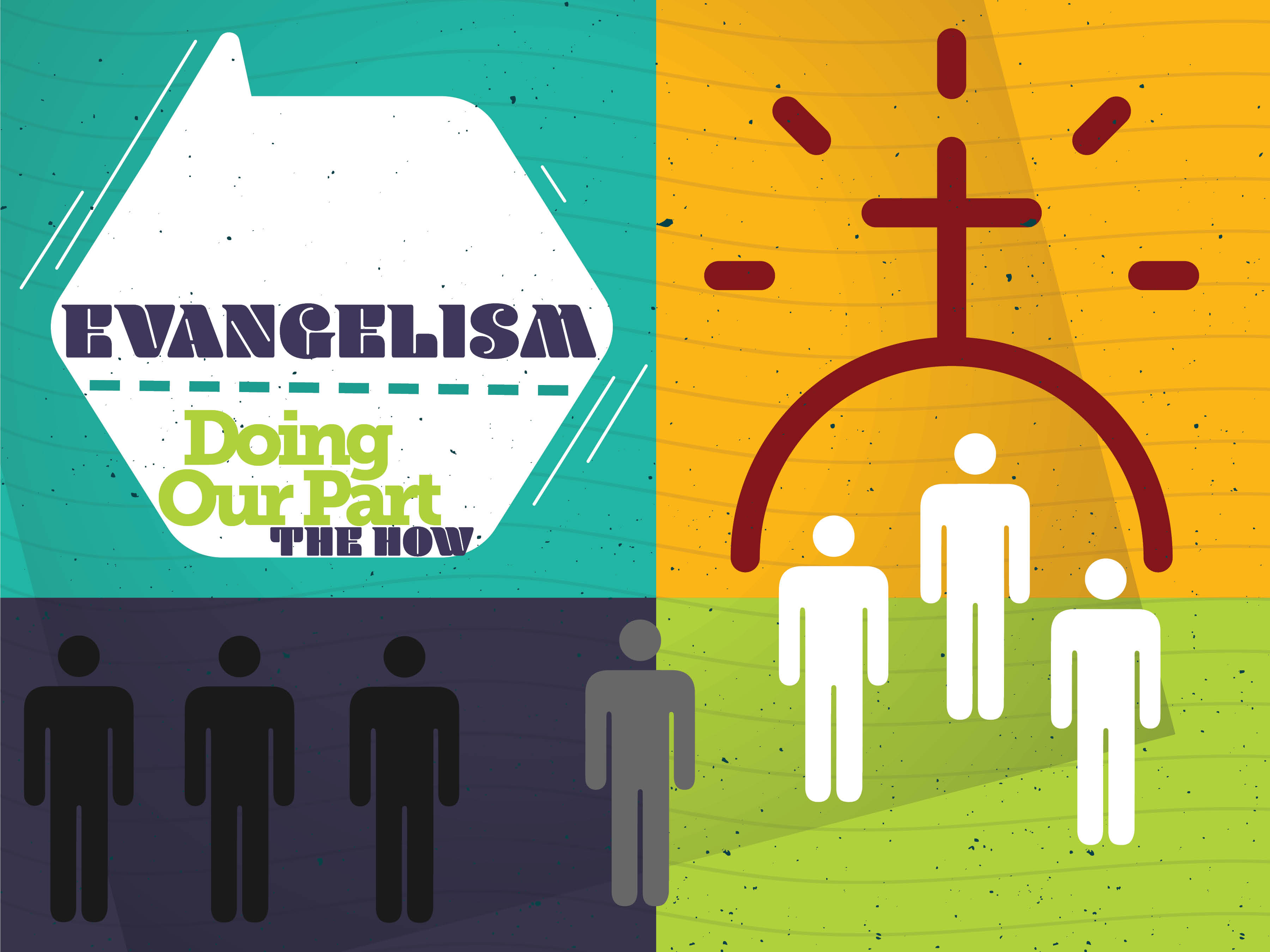
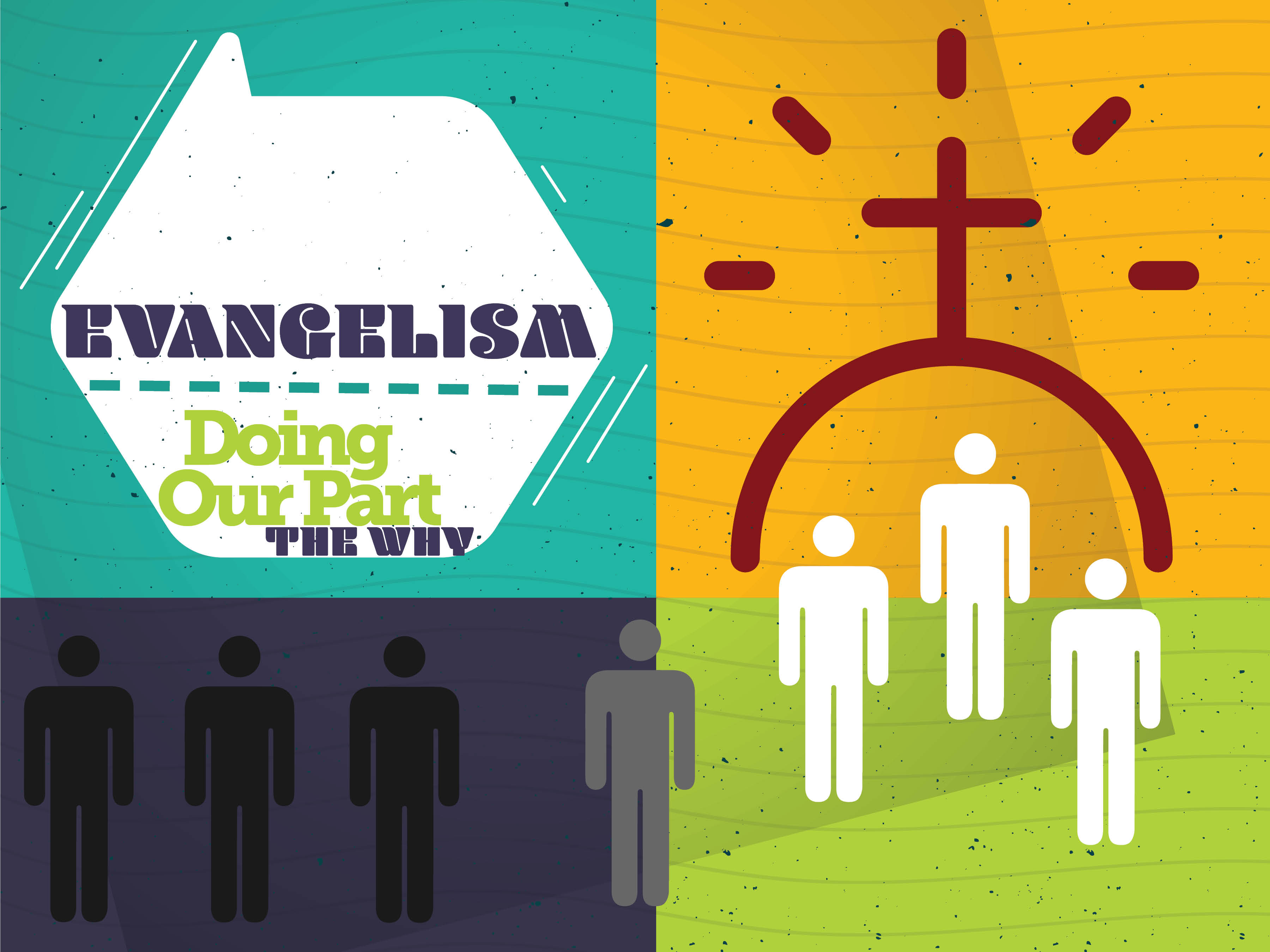 Luke 24:36-53
Luke 24:36-53

